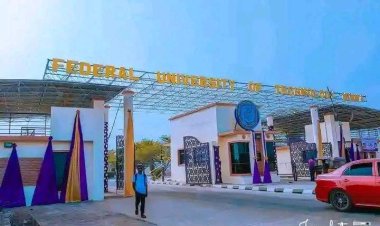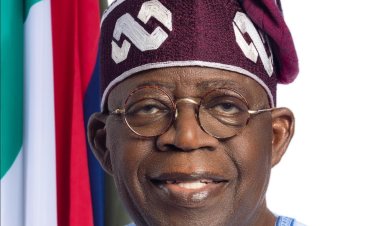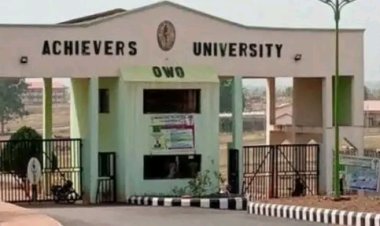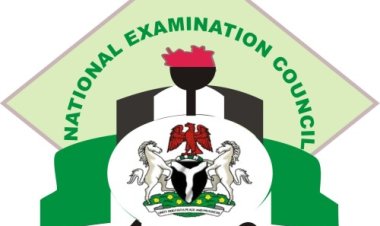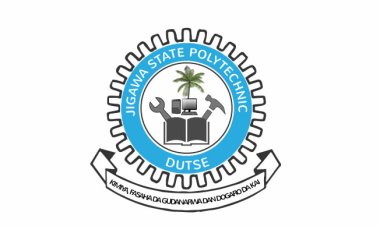Unions Condemn Sacking of Heads of Plateau State-Owned Tertiary Institutions
The union leaders criticized the governor's actions, questioning the criteria used for the removal of the heads of tertiary institutions. They argued that the appointments of these officials were in accordance with the laws governing the institutions and called for a reversal of the decision.
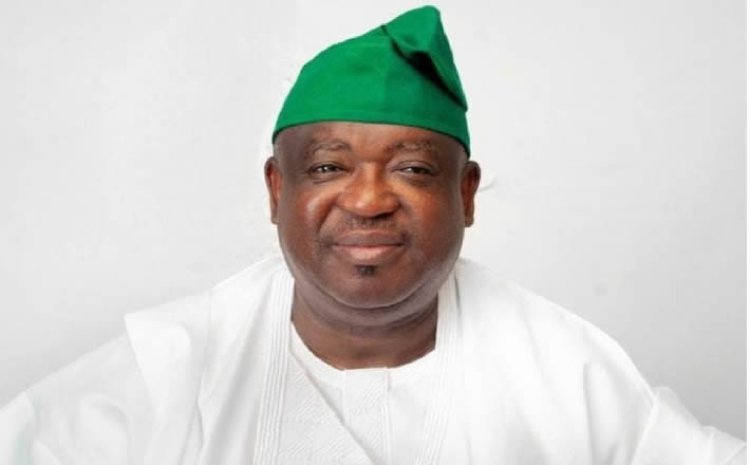
The Joint Union of Plateau State-Owned Tertiary Institutions has expressed condemnation over the recent sacking of all heads of state-owned tertiary institutions by Governor Caleb Mutfwang. In a press conference held in Jos on Tuesday, union leaders accused the governor of politicizing the education sector and called for the reinstatement of the sacked workers.
Governor Mutfwang defended his decision, citing the need to address the existing challenges in the state's education sector. He emphasized the importance of improving the quality of education in Plateau State and stated that the removal of the institution heads was necessary for achieving this goal.
READ ALSO:JAMB Suspends 10,378 Direct Entry Students' Admission Over Failed Verification
The union leaders criticized the governor's actions, questioning the criteria used for the removal of the heads of tertiary institutions. They argued that the appointments of these officials were in accordance with the laws governing the institutions and called for a reversal of the decision.
Responding to the union's criticism, the Commissioner for Information, Musa Ashoms, stated that the government's decision was aimed at improving the educational standards in the state. He urged the unions to cooperate in efforts to enhance the quality of education provided in Plateau State.
RECOMMENDED FOR YOU:Outstanding Girl at 2018 National Maths Competition Becomes Civil Engineer
The sacking of heads of state-owned tertiary institutions and the ensuing controversy highlight the ongoing challenges facing the education sector in Plateau State. The disagreement between the government and union leaders underscores the need for constructive dialogue to address issues affecting the state's educational institutions.

